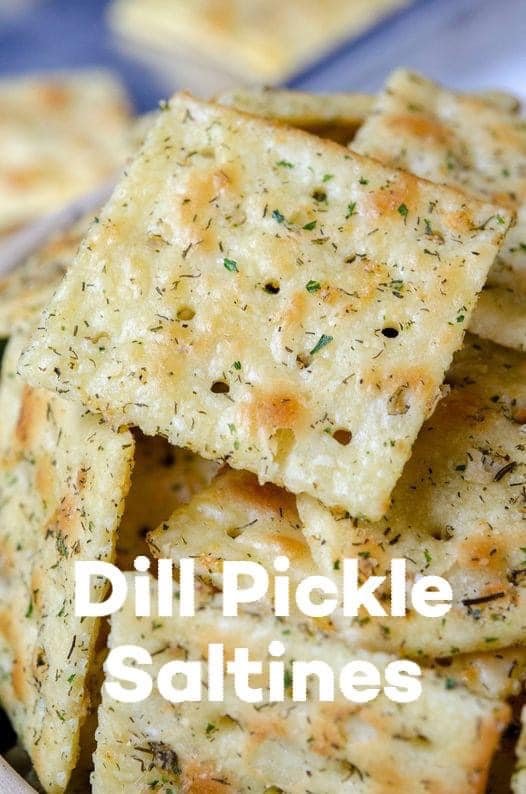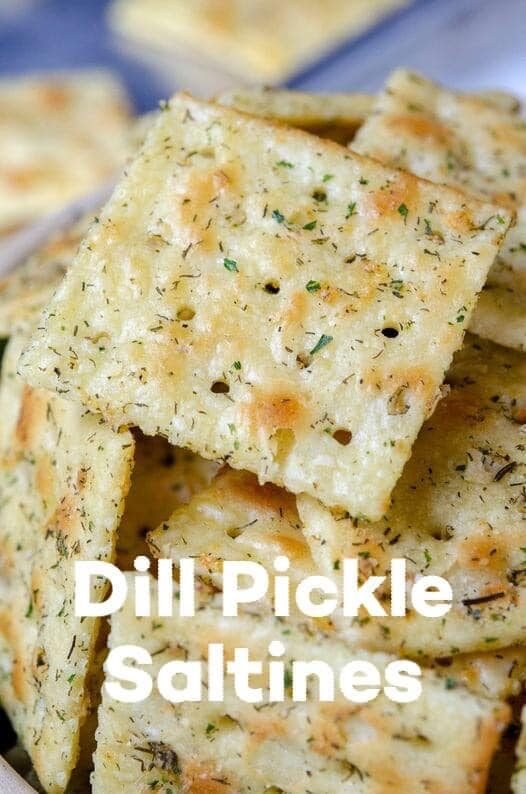Introduction
For those navigating a Weight Watchers (WW) lifestyle, finding snacks and sides that are both satisfying and aligned with your dietary goals can be challenging. Dill pickles, with their tangy, salty flavor, are a popular choice for those looking to enjoy a crunchy and refreshing treat while maintaining their point balance. This detailed recipe guide provides an in-depth look at how to make homemade dill pickles that are not only delicious but also low in SmartPoints. We’ll walk you through the entire process, from ingredients and preparation to nutritional information and SmartPoints.
Ingredients
For the Pickling Brine:
2 cups water (480ml)
1 cup white distilled vinegar (240ml)
½ cup granulated erythritol or a low-carb sweetener (100g)
2 tablespoons pickling salt (or kosher salt) (30g)
1 tablespoon dill seeds (12g)
1 tablespoon mustard seeds (10g)
1 teaspoon black peppercorns (2g)
4 cloves garlic, peeled and crushed
For the Pickles:
4 cups fresh cucumbers, sliced into spears or rounds (about 4-5 medium cucumbers)
4 sprigs fresh dill or 2 tablespoons dried dill (6g)
1 small onion, thinly sliced (optional, for added flavor)
½ teaspoon red pepper flakes (optional, for heat)
Instructions
- Prepare the Cucumbers:
Select Cucumbers: Choose firm, fresh cucumbers for pickling. Persian cucumbers or pickling cucumbers are ideal due to their crisp texture and smaller size.
Wash and Cut: Thoroughly wash the cucumbers under cold water to remove any dirt or residue. Slice them into spears or rounds, depending on your preference. Uniform slices ensure even pickling.
- Make the Pickling Brine:
Combine Ingredients: In a large saucepan, combine the water, white distilled vinegar, erythritol, pickling salt, dill seeds, mustard seeds, black peppercorns, and crushed garlic cloves.
Heat and Dissolve: Bring the mixture to a boil over medium-high heat, stirring occasionally to ensure that the erythritol and salt are fully dissolved. Once boiling, reduce the heat and let it simmer for 5 minutes to allow the flavors to meld.
Cool the Brine: Remove the brine from heat and let it cool to room temperature. This step is crucial to prevent wilting of the cucumbers when they are added.
- Pack the Jars:
Prepare Jars: Sterilize canning jars and lids by washing them in hot, soapy water, then rinsing thoroughly. You can also place them in a hot oven (about 250°F or 120°C) for 10 minutes to ensure they are completely clean.
Add Dill and Optional Ingredients: Place a sprig of fresh dill or 1 tablespoon of dried dill into each jar. If using, add a few slices of onion and a pinch of red pepper flakes for extra flavor.
Pack Cucumbers: Tightly pack the cucumber slices into the prepared jars, ensuring they are packed well but not too tight. Leave about ½ inch of headspace at the top of each jar.
- Pour the Brine:
Fill Jars: Pour the cooled pickling brine over the cucumbers in each jar, making sure the cucumbers are fully submerged. Use a clean, non-metallic utensil to remove any air bubbles by gently tapping the jars or using a skewer to release trapped air.
Seal Jars: Wipe the rims of the jars with a clean cloth to remove any residue. Place the sterilized lids on the jars and screw on the metal bands until they are fingertip-tight.
- Process the Pickles:
Refrigerate: If you are not planning to process the jars for long-term storage, simply refrigerate them. The pickles will be ready to eat after 24-48 hours, though the flavor improves with time.
Canning (Optional): For long-term storage, process the jars in a boiling water bath for 10-15 minutes. Ensure the jars are fully submerged in boiling water. Let the jars cool completely before storing them in a cool, dark place.
- Allow to Pickle:
Marinate: Allow the pickles to sit in the refrigerator for at least 24 hours to develop their flavors. For best results, wait 1-2 weeks to enjoy fully developed, tangy pickles.
- Enjoy Your Pickles:
Serving Suggestions: Enjoy your dill pickles as a crunchy snack, or use them as a flavorful addition to sandwiches, salads, or cheese platters.
Storage: Store the pickles in the refrigerator for up to 6 months. If processed, they can be stored in a cool, dark place for up to 1 year.
Nutritional Information
Per Serving (1 pickle spear, approximately 20g):
Calories: 5
Fat: 0g
Protein: 0g
Total Carbohydrates: 1g
Dietary Fiber: 0g
Net Carbohydrates: 1g
SmartPoints and Weight Watchers Information
SmartPoints: 0 per serving

Dill pickles are an excellent choice for those following Weight Watchers, as they are virtually calorie-free and carry no SmartPoints. They make a great low-calorie snack option that can help satisfy cravings for something salty and crunchy without impacting your daily points budget.
Tips and Variations
Adjusting Sweetness: If you prefer a sweeter pickle, you can increase the amount of erythritol or other low-carb sweeteners to taste. Start with ½ cup and adjust as needed.
Flavor Variations: Experiment with additional spices such as coriander seeds, bay leaves, or cloves to create unique flavor profiles. You can also add a bit of turmeric for a golden color.
Spicy Pickles: For a spicy kick, add more red pepper flakes or a sliced jalapeño to each jar before adding the brine.
Common Issues and Solutions
Pickles Not Crunchy: If your pickles turn out soft, it could be due to over-processing or using older cucumbers. Ensure you use fresh, firm cucumbers and avoid overcooking the brine.
Brine Cloudiness: Cloudy brine is often a result of using unfiltered water or not properly sterilizing jars. Ensure all equipment is thoroughly cleaned and use filtered or distilled water.
Conclusion
Making your own dill pickles at home is not only a rewarding experience but also allows you to customize the flavors and ingredients to fit your dietary needs. This detailed recipe for WW Dill Pickles provides a comprehensive approach to creating delicious, low-carb pickles that align perfectly with a Weight Watchers plan. By following these instructions, you can enjoy a crunchy, tangy snack that satisfies your taste buds while keeping your SmartPoints in check. Whether you’re preparing a batch for your next meal or canning for long-term storage, these homemade dill pickles are a versatile and healthy addition to your culinary repertoire.

